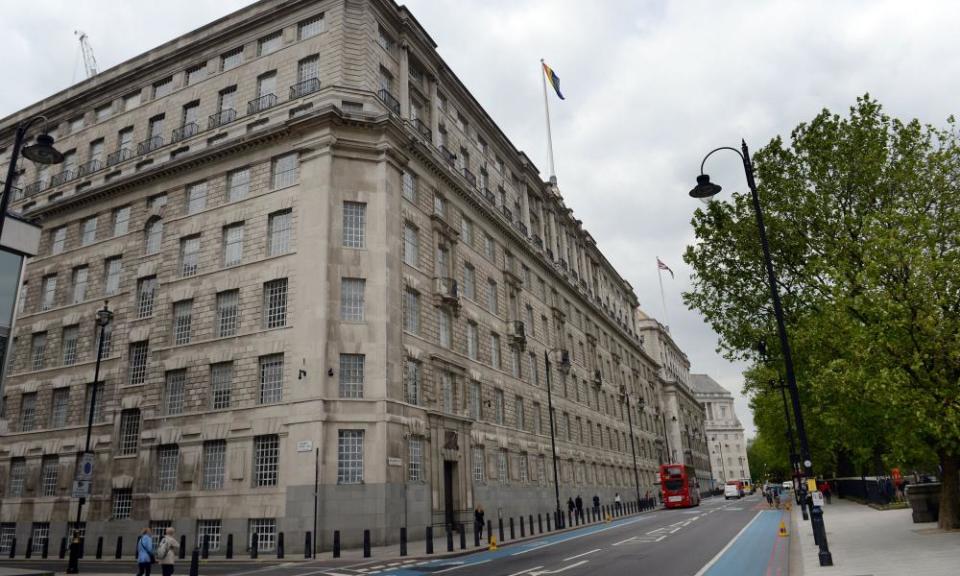Government lawyer tells court M15 officers could authorise murder

Government lawyers have told a court that MI5 officers could authorise an informer to carry out a murder under controversial powers that ministers want to see continued contained in a bill that passed the Commons hours later.
The admission came in a court of appeal hearing on Wednesday when Sir James Eadie, representing the government, was asked if there was “a power for a Security Service officer to authorise an agent to execute an extremely hostile individual”.
Eadie, defending MI5’s current policy for handling confidential informants, said “there would be the power to do that” under 1989 Security Service Act and the royal prerogative that effectively governed the intelligence agency prior to that.
Critics immediately seized on the stark statement to demand the government accept an amendment to the covert human intelligence sources (Chis) bill being debated in the Commons on Wednesday afternoon.
David Davis, a former Conservative minister, told MPs that the government’s lawyers had acknowledged in court “only this morning” that MI5 “would authorise one of their informants to carry out murder as part of his activities”.
The MP was speaking in support of a Lords amendment that called for the creation of a banned list of crimes – including murder, torture and serious sexual offences – that could not be carried out undercover informants working for spies or police.
Ministers, however, argued that an explicit list of banned crimes could risk the safety of confidential informants, because it would allow terrorists or organised criminals to create tests to unmask informants.
Michael Ellis, the solicitor general, said: “Were we to place explicit limits on the face of the bill that would create the risk to the operational tactics involved and to the safety of the covert human intelligence source and the general public at large.”
The minister also said that the bill would be compliant with the Human Rights Act, and that MI5 or police could not breach it. “Any authorisation which is not compliant with the Human Rights Act would be unlawful.”
A few minutes later the Lords amendment was defeated by 363 to 267, with Davis and one other Conservative Cheryl Gillan voting against the government.
The result prompted the Sinn Féin MP John Finucane, whose father Pat was murdered at home in north Belfast in 1989 by loyalist gunmen, to accuse the government of ignoring “legitimate opposition” to the bill.
“The reality of this legislation, as shown through the court of appeal in the last two days, is that there will be no effective oversight to the most serious of crimes committed by state agents,” Finucane said.
The Chis bill aims to put into law for the first time the policy governing the state’s handling of informants, partly because a series of legal challenges had been made the previous approach of relying on a partially-secret written policy.
A three-day hearing in the court of appeal is determining whether the old policy was lawful. Although the arguments in court will be largely superseded by the legislation, if the government were to lose the case, it could mean the informants policy will be illegal in Scotland where Holyrood has refused to give its consent to the bill.
A second amendment passed by the Lords earlier this month, which would have banned the use of children as undercover informants – particularly in drugs gangs – was also overturned by 361 to 267.
The Home Office said it was not appropriate to comment on ongoing legal proceedings. A spokesperson added: “The use of covert agents is an essential tool for our security and intelligence services.”
The picture and caption on this article were changed on 27 January 2021 to correct an error.

 Yahoo Finance
Yahoo Finance 